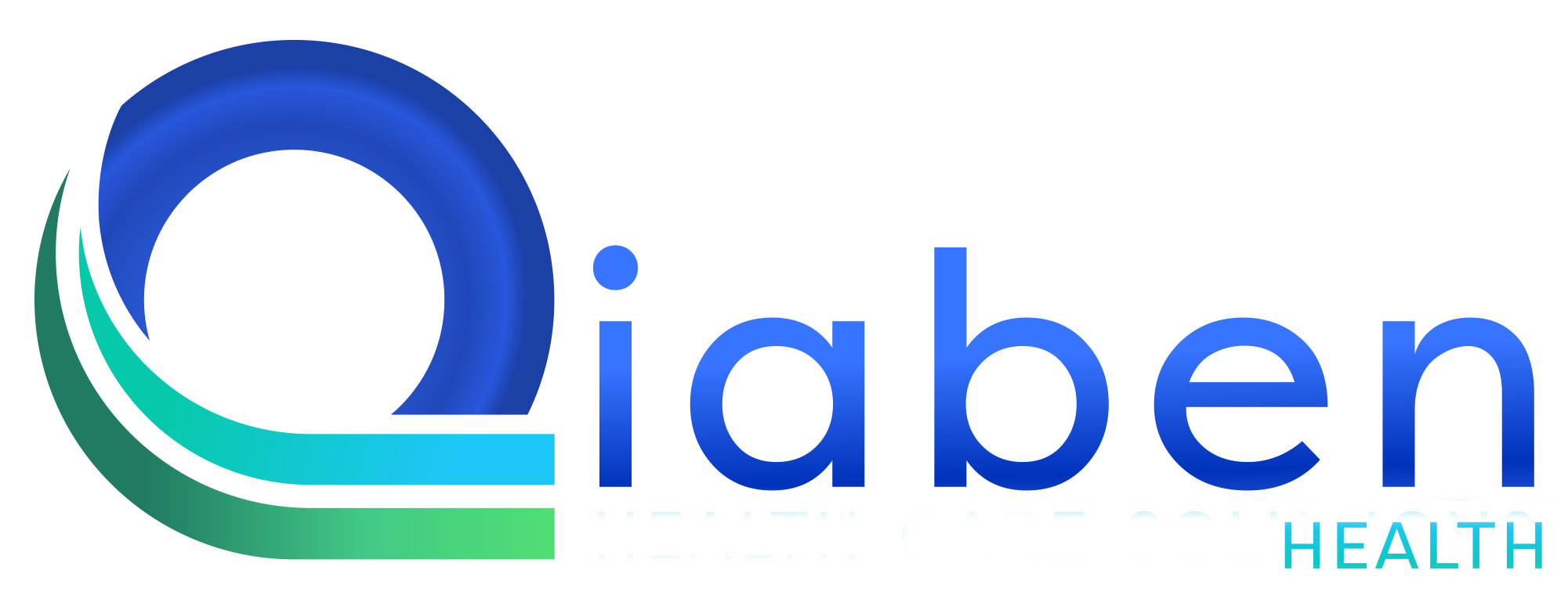Introduction
In the healthcare industry, accuracy in medical billing isn’t just a nice-to-have—it’s a necessity. Ensuring precise billing processes not only keeps the financial health of medical institutions intact but also maintains trust between patients and providers. So, how do we achieve this accuracy? Let’s dive into the world of medical billing to find out.
Understanding Medical Billing
What is Medical Billing?
Medical billing is the process of submitting and following up on claims with health insurance companies to receive payment for services rendered by healthcare providers. It involves translating healthcare services into billing claims.
Key Players in Medical Billing
The key players include medical coders, billing specialists, healthcare providers, insurance companies, and patients. Each plays a critical role in ensuring the billing process runs smoothly and accurately.
Common Errors in Medical Billing
Data Entry Mistakes
Simple data entry errors, like misspelled names or incorrect numbers, can lead to claim denials or delays. Accuracy in entering patient information is fundamental.
Coding Errors
Medical coding translates healthcare diagnoses, procedures, and medical services into universal medical alphanumeric codes. Incorrect codes can result in denied claims or incorrect billing amounts.
Patient Information Errors
Mistakes in patient information such as wrong date of birth, incorrect insurance details, or missing information can cause significant delays and complications.
Insurance Details Mistakes
Errors in recording insurance details can lead to claim rejections or improper billing, which frustrates both providers and patients.
Consequences of Inaccurate Medical Billing
Financial Impact
Inaccurate billing can lead to lost revenue and increased costs due to the need for reprocessing claims and handling disputes.
Legal Repercussions
Errors in billing can sometimes lead to legal issues, especially if they are perceived as fraudulent activities.
Patient Dissatisfaction
Billing errors can erode patient trust and satisfaction, as patients might face unexpected bills or insurance issues.
Impact on Healthcare Providers
Frequent billing errors can affect the reputation of healthcare providers and may lead to operational inefficiencies.
Best Practices for Ensuring Accuracy
Regular Training for Staff
Continuous training ensures that staff are updated on the latest coding standards and billing regulations.
Use of Updated Medical Billing Software
Investing in the latest billing software can automate many processes and reduce human error.
Double-Checking Information
Implementing a system where information is double-checked can catch errors before they become problems.
Implementing a Review Process
Regular reviews and audits of billing processes help in identifying and correcting errors early.
The Role of Technology in Medical Billing
Electronic Health Records (EHR)
EHR systems streamline the documentation and billing process, reducing the chances of errors.
Billing Software and Automation
Automation in billing software can handle repetitive tasks with greater accuracy, reducing human error.
Artificial Intelligence in Billing
AI can analyze vast amounts of data to detect anomalies and suggest corrections, further improving accuracy.
Training and Education
Importance of Continuous Learning
The medical billing field is constantly evolving. Continuous learning helps billing professionals stay current with industry changes.
Certification Programs for Billing Professionals
Certification programs provide billing professionals with the necessary knowledge and skills to perform their job accurately.
Auditing and Compliance
Regular Audits
Conducting regular audits helps in maintaining accuracy and compliance with billing standards.
Compliance with Regulations
Staying compliant with healthcare regulations ensures that the billing process is legally sound and accurate.
Patient Involvement in the Billing Process
Educating Patients on Their Bills
Educating patients about their bills and the billing process can help them understand and verify charges, reducing disputes.
Encouraging Patient Verification
Encouraging patients to verify their information and charges can catch errors early.
Collaborative Approach
Teamwork Between Billing and Clinical Staff
Effective communication and teamwork between billing and clinical staff ensure that all details are accurately recorded and billed.
Open Communication Channels
Maintaining open communication channels helps in resolving any discrepancies quickly.
Case Studies of Accurate Medical Billing
Examples from Successful Healthcare Providers
Studying examples from providers who have implemented successful billing processes can offer valuable insights.
Lessons Learned
Understanding the challenges faced and solutions implemented by others can guide improvements in your own billing processes.
Future Trends in Medical Billing
Predictive Analytics
Predictive analytics can help forecast and prevent billing errors before they occur.
Blockchain Technology
Blockchain offers a secure way to handle patient data and billing information, enhancing accuracy and security.
Patient-Centric Billing Systems
Systems focused on the patient experience can improve transparency and accuracy in billing.
Challenges in Implementing Accurate Billing
Resistance to Change
Adopting new technologies and processes can face resistance from staff used to old methods.
Cost of Implementation
The initial cost of implementing new systems and training can be high, but the long-term benefits often outweigh these costs.
Conclusion
Ensuring accuracy in medical billing processes is crucial for the financial health of healthcare providers and the satisfaction of patients. By adopting best practices, leveraging technology, and fostering collaboration, healthcare institutions can significantly reduce billing errors. Accurate medical billing is not just about avoiding errors; it’s about building trust and efficiency in the healthcare system.
FAQs
What is medical billing?
Medical billing is the process of translating healthcare services into billing claims and submitting them to insurance companies for payment.
How can technology improve medical billing accuracy?
Technology, such as EHR systems, billing software, and AI, can automate processes, reduce human error, and detect anomalies in billing.
What are the most common medical billing errors?
Common errors include data entry mistakes, coding errors, patient information errors, and incorrect insurance details.
How does inaccurate billing affect patients?
Inaccurate billing can lead to unexpected bills, insurance issues, and dissatisfaction, affecting the trust between patients and healthcare providers.
Why is continuous training important in medical billing?
Continuous training ensures that billing professionals stay updated on the latest standards and regulations, reducing errors and improving accuracy.






